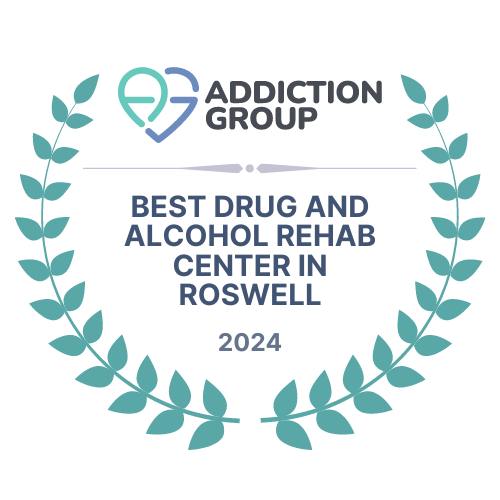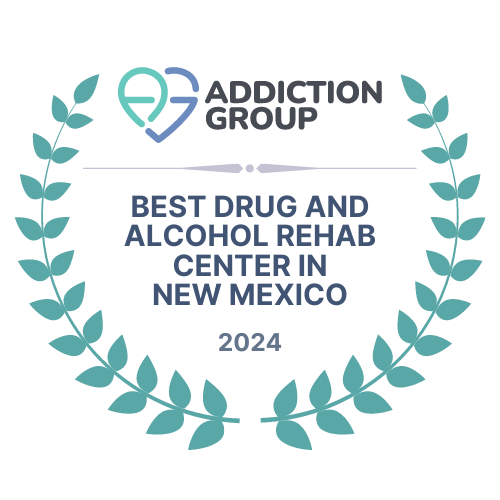Transitioning from incarceration back into society presents myriad challenges for ex-offenders, particularly those grappling with substance use disorders (SUD). The discontinuity of substance abuse treatment from prison to the community significantly hampers the recovery process, often leading to relapse, re-incarceration, or even overdose. This blog post delves into the barriers to continuous care for ex-offenders and outlines strategies for navigating substance abuse treatment post-release, underscoring Renew Health’s commitment to facilitating a seamless transition for individuals seeking to rebuild their lives.
The Critical Gap in Continuity Substance Abuse Treatment
Upon release, ex-offenders with SUD face a daunting maze of challenges: securing housing, finding employment, and, crucially, accessing ongoing treatment for their substance use disorder. The gap in care—stemming from logistical hurdles, stigma, and systemic barriers—poses a significant threat to recovery and reintegration. Without a bridge connecting the substance abuse treatment received during incarceration to community-based care, the risk of relapse escalates, undermining the journey to recovery.
Addressing this gap requires a concerted effort from healthcare providers, policymakers, and communities to ensure seamless transitions between different levels of care, ongoing support, and resources tailored to meet the diverse needs of individuals seeking recovery. Closing this critical gap is essential to improving outcomes and promoting long-term sobriety for those battling substance use disorders.
Barriers to Accessing Care
Several key barriers obstruct the path to continuous care for ex-offenders:
- Stigma and Discrimination: Social stigma surrounding addiction and incarceration compounds, making individuals reluctant to seek help and community services hesitant to provide it.
- Lack of Insurance and Financial Resources: Navigating insurance coverage and affordability of treatment can be overwhelming, especially for those with limited financial means.
- Systemic and Regulatory Hurdles: Regulations and policies may restrict access to certain treatments or support services, complicating the transition to community-based care.
Strategies for Navigating Treatment Post-Release
Addressing these barriers requires a multifaceted approach, emphasizing policy reform, community engagement, and individualized support:
- Integrated Reentry Planning: Incorporating substance abuse treatment into reentry planning before release ensures a continuity of care. Collaborations between correctional facilities, health providers, and community organizations are vital.
- Expanding Insurance and Financial Support: Advocacy for policies that extend insurance coverage for SUD treatment post-release and financial assistance programs can alleviate the burden on individuals seeking care.
- Building Community Partnerships: Partnerships with local health clinics, non-profits, and recovery organizations can provide a network of support, making treatment and resources more accessible to ex-offenders.
- Educational Programs and Stigma Reduction: Community education initiatives aimed at reducing stigma can foster a more supportive environment for individuals in recovery. Training for employers, healthcare providers, and law enforcement on the complexities of addiction and reentry can also promote empathy and understanding.
Renew Health’s Role in Supporting Ex-Offenders
At Renew Health, we recognize the importance of continuity of care for ex-offenders and are dedicated to bridging the gap between incarceration and community reintegration. Our programs focus on:
- Personalized Care Plans: Developing comprehensive, personalized treatment plans that address both the medical and psychosocial aspects of recovery.
- Community Collaboration: Working closely with community organizations to ensure that our clients have access to housing, employment, and ongoing support.
- Advocacy and Education: Engaging in advocacy to influence policy changes and conducting educational programs to combat stigma and discrimination.
Conclusion
The journey from incarceration back into society is fraught with obstacles, particularly for those battling substance use disorders. Continuity of substance abuse treatment is paramount to navigating this transition successfully. By dismantling barriers to treatment, fostering community partnerships, and ensuring access to comprehensive care, we can support ex-offenders in their recovery and reintegration efforts. Renew Health is committed to this cause, championing the belief that everyone deserves a chance to rebuild their lives with dignity, support, and hope for a brighter future.







